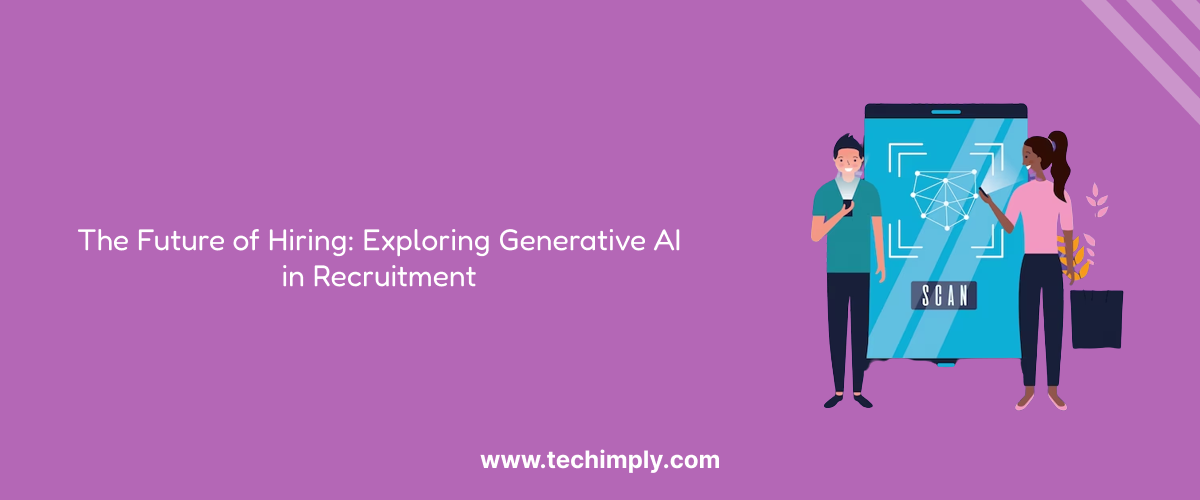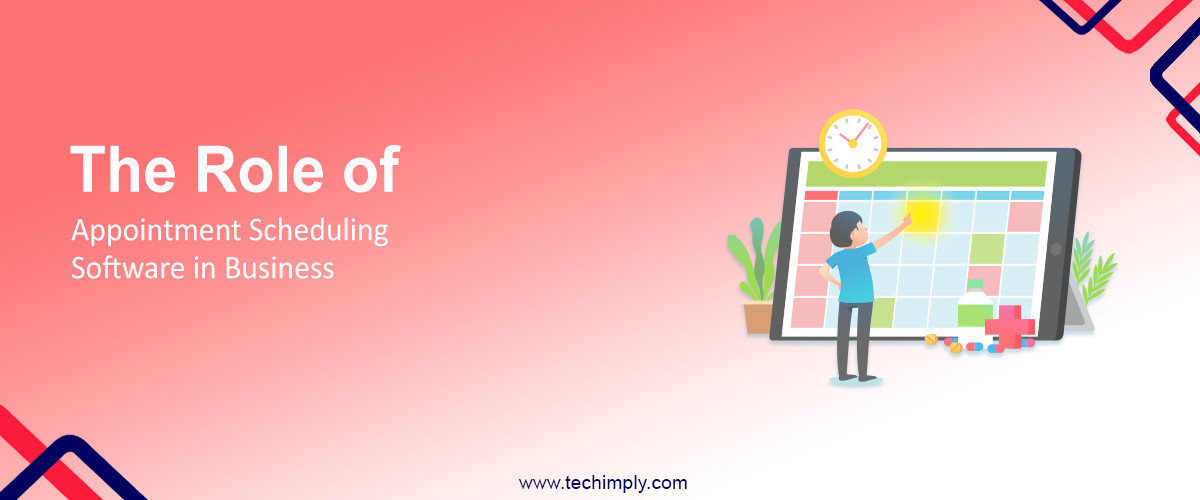The world of Human Resources is rapidly evolving, and with technological advancements, the way we hire and recruit talent is undergoing a revolutionary transformation. One of the most promising technologies revolutionizing the hiring process is Generative AI. This cutting-edge AI technique has the potential to redefine how we find, assess, and hire candidates. In this article, we will delve into the concept of Generative AI in recruitment, its applications, advantages, and the potential impact it will have on the future of hiring.
Understanding Generative AI
Generative AI is a subset of artificial intelligence that generates new data or content, such as text, images, or videos. Unlike traditional AI systems, which use pre-existing data to make predictions, Generative AI can create new data based on patterns learned from large datasets. It is a form of unsupervised learning, meaning it can learn from data without explicit human intervention.
Generative AI has demonstrated its ability to create realistic content in various industries, ranging from deep fake videos to natural language generation. In the context of recruitment, Generative AI can leverage large amounts of data to create candidate profiles, predict candidate suitability, and even design tailored interview questions.
Current Recruitment Challenges
The traditional hiring process is often time-consuming, resource-intensive, and susceptible to biases. Recruiters spend countless hours reviewing resumes, conducting interviews, and evaluating candidates, only to find that the fit is not quite right. Moreover, unconscious biases can unconsciously influence hiring decisions, leading to a lack of diversity in the workforce.
To make matters worse, many organizations struggle to find the right candidates for specialized or niche roles, leading to longer time-to-hire and increased recruitment costs. These challenges have prompted the need for a more efficient and accurate hiring process. Let's have a look at the challenges:
Talent Shortage: In today's competitive job market, there is a growing demand for specialized skills and expertise. Many industries face a talent shortage, challenging finding qualified candidates for certain roles.
High Time-to-Hire: The traditional recruitment process can be lengthy, involving multiple stages like talent sourcing, screening, interviewing, and reference checks. The prolonged time-to-hire can lead to losing top candidates to competing job offers.
Manual Resume Screening: With an influx of job applications for each position, recruiters are burdened with manual resume screening. This process is time-consuming and prone to human errors and biases.
Lack of Diversity: Traditional hiring methods may unintentionally perpetuate biases, leading to a lack of diversity in the workforce. This can hamper innovation and hinder the organization's ability to reflect the diverse perspectives of its customer base.
Limited Reach: Traditional recruitment methods may limit the organization's reach to a specific geographical area, making accessing talent from diverse regions difficult.
Candidate Experience: A poor candidate experience can negatively impact the employer brand. Candidates with a negative experience during the hiring process may share their thoughts on social media or other platforms, deterring potential future applicants.
High Recruitment Costs: Recruiting software, onboarding, and training new employees can be costly, especially if there is high turnover due to hiring mistakes or inadequate candidate matching.
Skill Gap: Technological advancements have rendered some skills outdated, leading to a skill gap in certain industries. Finding candidates with up-to-date skills and the potential to adapt to future challenges can be a significant challenge.
Ineffective Job Descriptions: Vague or inaccurate job descriptions can attract the wrong candidates or deter qualified individuals from applying. Crafting precise and compelling job descriptions is essential for attracting the right talent.
Adapting to Remote Work: The rise of remote work necessitates organizations adapting their hiring processes to accommodate virtual interviews, remote onboarding, and effectively assessing candidates' remote work capabilities.
Costly Hiring Mistakes: Poor hiring decisions can severely affect team dynamics, employee morale, and overall productivity. Avoiding costly hiring mistakes is crucial for the organization's long-term success.
Generative AI in Recruitment
Generative AI has the potential to transform the recruitment landscape by automating and streamlining various stages of the hiring process. Generative AI algorithms can identify patterns and preferences by analyzing vast amounts of candidate data, enabling them to create detailed candidate profiles.
For example, a Generative AI model can analyze past successful hires, identify common traits, and generate a candidate profile that aligns with those traits. This process can significantly reduce the time spent on manual resume screening and enable recruiters to focus on more strategic aspects of hiring.
Advantages of Using Generative AI in Recruitment
One of the most significant advantages of using Generative AI in recruitment is its ability to enhance candidate matching. By creating detailed candidate profiles, Generative AI can predict candidate suitability for specific roles, allowing recruiters to focus their efforts on candidates more likely to succeed.
Moreover, Generative AI can help reduce bias in the hiring process. Traditional hiring methods are often influenced by unconscious biases, leading to unfair treatment of candidates based on gender, race, or age. Generative AI operates based on data-driven insights, minimizing human bias and ensuring a fairer and more inclusive hiring process.
Additionally, using Generative AI can lead to significant cost and time savings for organizations. By automating various stages of the hiring process, recruiters can focus on strategic planning and candidate engagement, resulting in faster time-to-hire and reduced recruitment costs.
Ethical Considerations
While the potential benefits of Generative AI in recruitment are promising, it is crucial to address ethical considerations. Ensuring fairness and transparency in AI algorithms is paramount to avoid perpetuating biases and discrimination. Organizations must be vigilant in assessing and auditing the performance of their Generative AI models to prevent any adverse impact on candidates.
Human oversight is also essential when using Generative AI in recruitment. While the technology can automate repetitive tasks, it cannot entirely replace the human touch. The final hiring decision should involve human judgment and intuition, considering factors that AI algorithms cannot quantify.
Challenges and Limitations
Like any emerging technology, Generative AI also faces challenges and limitations. One significant challenge is the potential for AI-generated content to be misleading or manipulated. Organizations must ensure that AI-generated candidate profiles are accurate and trustworthy.
Another limitation is the requirement for substantial data to train Generative AI models effectively. Smaller organizations or niche industries may face challenges in acquiring the necessary data for accurate candidate profiling.
Preparing for the Future
HR professionals must adapt their skill sets and mindset to prepare for the future of hiring with Generative AI. Upskilling and reskilling HR teams in AI technologies are crucial to leverage the full potential of Generative AI in recruitment. Embracing AI-driven tools and platforms will become a competitive advantage for organizations looking to attract top talent efficiently.
Conclusion
Generative AI is poised to revolutionize the recruitment landscape, empowering HR professionals with unprecedented insights and capabilities. By leveraging AI algorithms to create candidate profiles, predict suitability, and reduce biases, Generative AI promises to transform the way we hire and shape the future of HR.
As this transformative technology evolves, HR professionals must proactively understand its capabilities, limitations, and ethical implications. With careful implementation and human oversight, Generative AI can propel organizations toward a more efficient, inclusive, and future-ready hiring process. Embrace the potential of Generative AI, and embark on a journey toward a new era of HR excellence.






